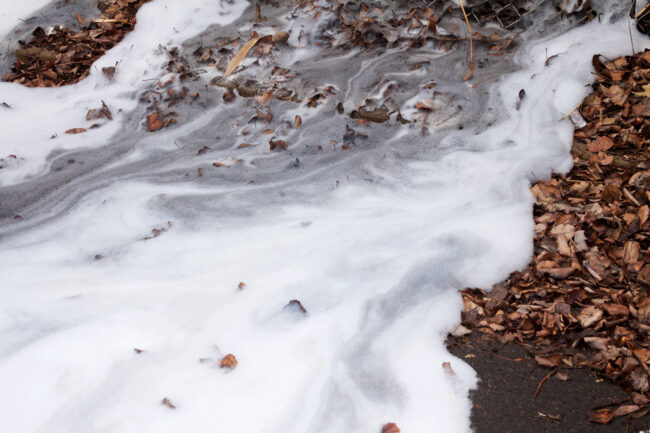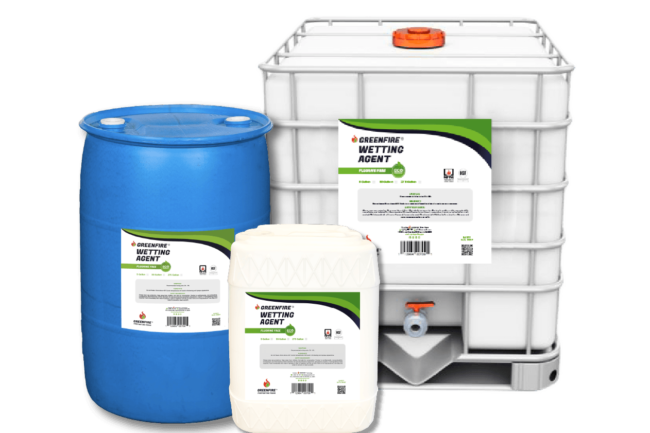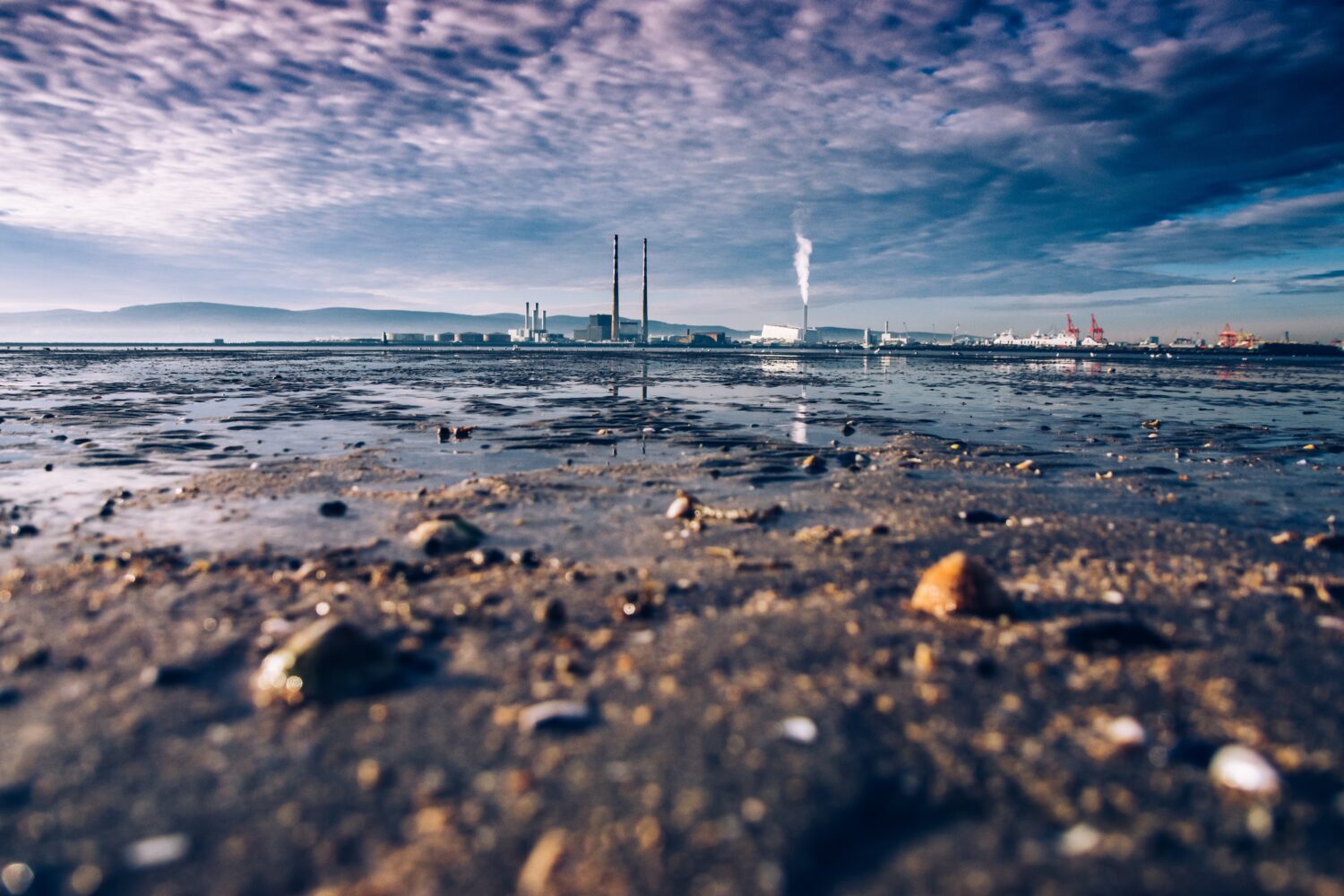Why Are PFAS So Dangerous?
Scientific research has been indicating that per- and polyfluoroalkyl substances (PFAS) are dangerous to our health. Based on studies of laboratory animals, the CDC reports that PFAS may
- suppress the immune system,
- damage the liver,
- cause increased risk of certain cancers,
- cause complications in pregnancy and newborn development,
- increase cholesterol levels, and
- lower response to vaccines
Consequently, people with high exposure to PFAS, such as firefighters and those living in communities with contaminated drinking water, have reported experiencing the serious health issues mentioned above.

How Prevalent Are PFAS Chemicals?
PFAS have been detected in the blood serum of people and animals around the world. They are in the water, the soil and the air. Despite the fact that thousands of PFAS have been used in manufacturing since the mid-1900’s, only a few have been analyzed to find out how much of a negative impact they are having on our health and the environment. In recent years, government agencies and research universities have launched more studies to evaluate to what extent these ‘forever chemicals’ are affecting us.
What is INSP group Doing to Remedy the Damage?
At INSP, we develop products and technologies that don’t harm us or the environment. Consider our full-circle solution:
PART 1: PFAS Destruction
Using SCWO Technology we are pioneering the field of PFAS destruction and disposal. By means of supercritical water oxidation (SCWO), we can break down per- and polyfluoroalkyl substances without creating any harmful byproducts. It effectively cleans up
- Aqueous Film Forming Foam (AFFF)
- Landfill Leachate
- Contaminated Wastewater.
PART 2: Non-Toxic Replacement Products
Our non-toxic firefighting and fire prevention products do the job effectively without the toxic consequences of their PFAS-containing counterparts.
For example, our GreenFire Firefighting Foam (GFFF) is a powerful Class B foam that can be used for the same purposes as traditional firefighting foam, but without the dangerous side effects.


